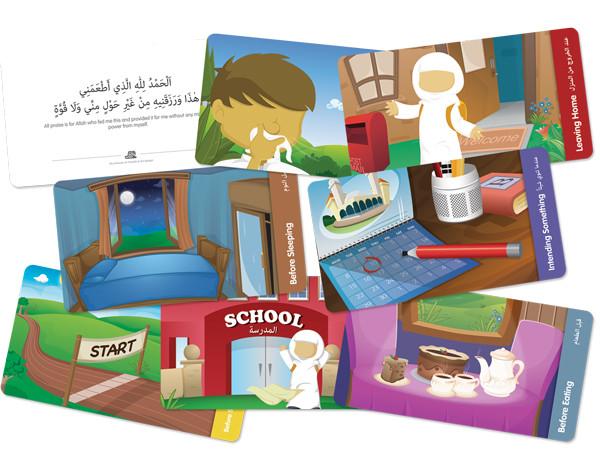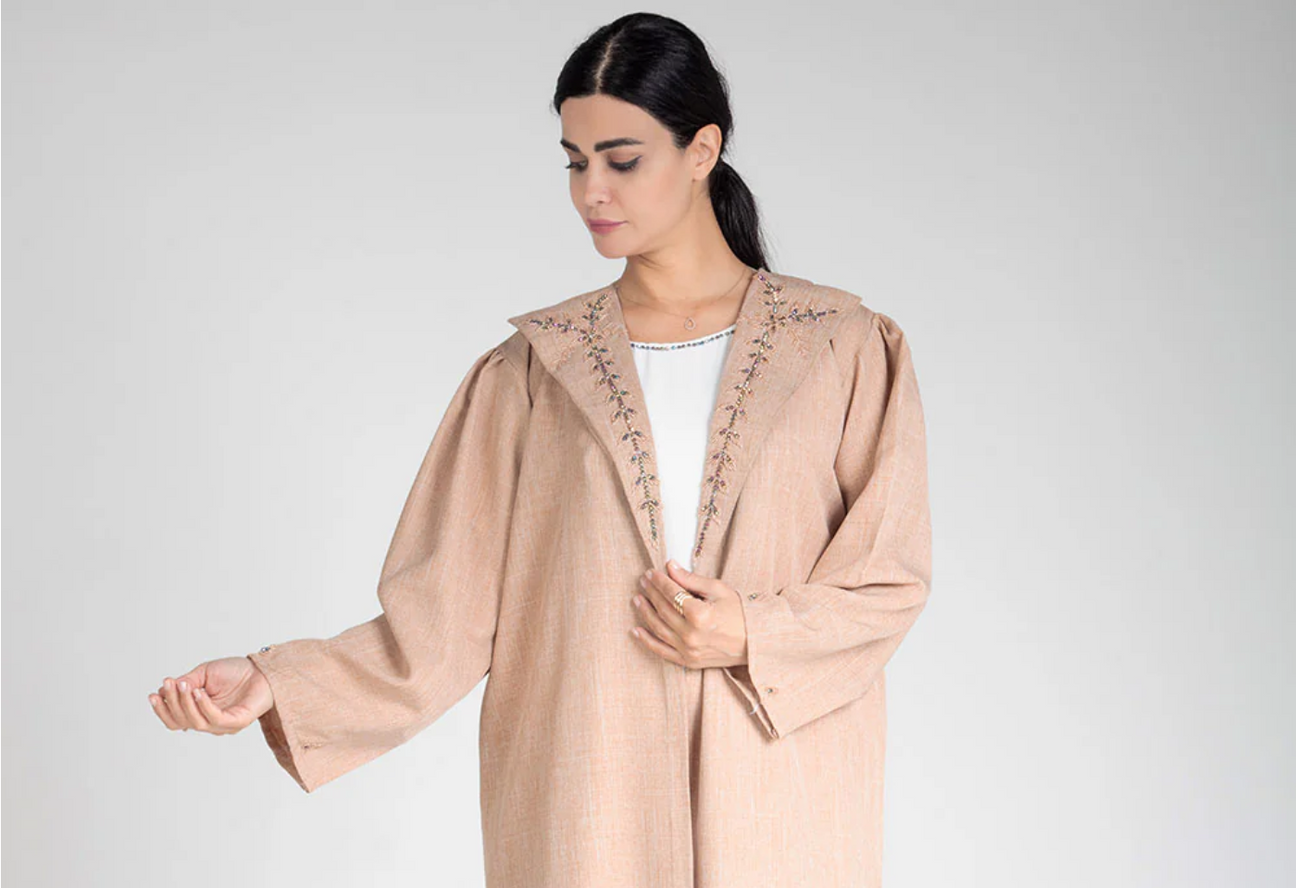Every parent wants to give their child a head start in education. Jubbas has recognised this, which is why we offer several flash card games for your kids.
Our games help children to form the building blocks that are needed for later learning. They include Quran Explorer, which focuses on important passages from the Quran, and What’s Next, which engages children in the performance of Wudhu and Salah.
So, why do we believe flash cards are a great educational tool? They offer several benefits, as we’re going to cover below.
The Cost
Let’s start with some of the more practical benefits first. Most educational toys cost a lot of money. As they get more complex, the price only increases. Sometimes, it can feel like you’re buying into a gimmick, rather than paying good money for a worthy educational experience.
Flash cards keep things simple, and in doing so they also pull the price down. Better yet, you can add to flash card games with your own cards. As a result, one game could be your pathway into creating a host of educational experiences for your children, all at a low cost.
They Appeal to Multiple Learning Types
Think back to when you were in school. You probably remember that some students preferred to learn directly from the text. Others learned best when engaged in conversation, while yet others found that visual stimulation offered the best form of learning for them.
Flash cards offer all three. At their most basic, they encourage children to read. Pre-schoolers, in particular, benefit because flash cards usually contain simple words that help them to understand the basics of a language. However, flash cards can also stimulate discussion, offering a topic that you can then talk about with your children. Finally, many flash cards have visual elements, which catch the eye and reinforce the words. As a result, flash cards cover several of the major learning types.
Engaging Active Recall
How do you know when you’ve actually remembered something?
Taking a multiple choice quiz doesn’t show true recall. Having several answers in front of you means that you have multiple options, so you’re not actively engaging your memory.
The simpler format of flash cards works differently. A simple word or phrase challenges the reader to actively remember what they’ve been taught. Instead of making the best guess from the answers in front of them, they have to connect what’s on the card to what they’ve learned previously. This is active recall, and it proves invaluable throughout your life.
Portability
You don’t often hear about the size of learning tools, but with flash cards, it’s a major factor. A pack of cards doesn’t take a lot of effort to carry around. You can pack them easily into a bag, so you have access to them wherever you go.
Imagine taking a car journey. You can’t bring pens and papers with you because the ride is too bumpy and the car is too small to use them. However, a set of flash cards allows you to make the journey an educational experience for youngsters.





